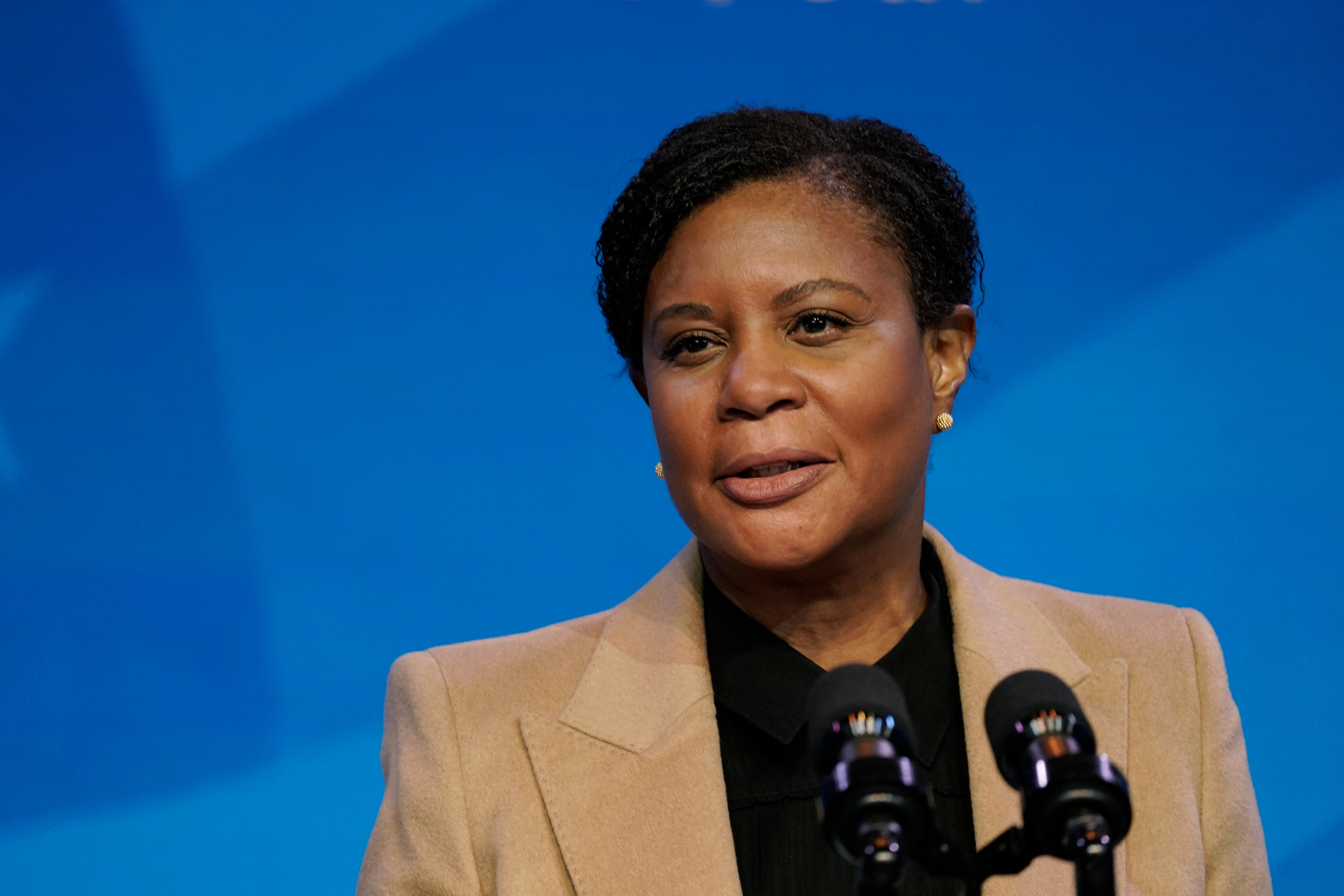White House unveils artificial intelligence 'Bill of Rights'
The Biden administration unveiled a set of far-reaching goals Tuesday to align artificial intelligence-powered tools with what it calls the values of Democracy and equity, including guidelines for how to protect people’s personal data and limit surveillance

The Biden administration unveiled a set of far-reaching goals Tuesday to align artificial intelligence-powered tools with what it called the values of Democracy and equity, including guidelines for how to protect people’s personal data and limit surveillance.
The Blueprint for an AI Bill of Rights notably does not set out specific enforcement actions, but instead is intended as a White House call to action for the U.S. government to safeguard digital and civil rights in an AI-fueled world, officials said.
“This is the Biden-Harris administration really saying that we need to work together, not only just across government, but across all sectors, to really put equity at the center and civil rights at the center of the ways that we make and use and govern technologies,” said Alondra Nelson, deputy director for science and society at the White House Office of Science and Technology Policy. “We can and should expect better and demand better from our technologies.”
The office said the white paper represents a major advance in the administration’s agenda to hold technology companies accountable, and highlighted various federal agencies’ commitments to weighing new rules and studying the specific impacts of AI technologies. The document emerged after a year-long consultation with more than two dozen different departments, and also incorporates feedback from technologists, civil society groups, businesses and industry researchers.
The resulting non-binding principles cite academic research, agency studies and news reports that have documented real-world harms from AI-powered tools, including facial recognition tools that contributed to wrongful arrests and an automated system that discriminated against loan seekers who attended a Historically Black College or University.
The white paper also said parents and social workers alike could benefit from knowing if child welfare agencies were using algorithms to help decide when families should be investigated for maltreatment.
Earlier this year after the publication of an AP review of an algorithmic tool used in a Pennsylvania child welfare system, OSTP staffers reached out to sources quoted in the article to learn more, according to multiple people who participated in the call. AP’s investigation found that the Allegheny County tool in its first years of operation showed a pattern of flagging a disproportionate number of Black children for a “mandatory” neglect investigation, when compared with white children.
In May, sources said Carnegie Mellon University researchers and staffers from the American Civil Liberties Union spoke with OSTP officials about child welfare agencies’ use of algorithms. Nelson said protecting children from technology harms remains an area of concern.
“If a tool or an automated system is disproportionately harming a vulnerable community, there should be, one would hope, that there would be levers and opportunities to address that through some of the specific applications and prescriptive suggestions,” said Nelson, who also serves as deputy assistant to President Joe Biden.
OSTP did not provide additional comment about the May meeting.
Still, because many AI-powered tools are developed, adopted or funded at the state and local level, the federal government has limited oversight regarding their use. The white paper makes no specific mention of how the Biden administration could influence specific policies at state or local levels, but a senior administration official said the administration was exploring how to align federal grants with AI guidance.
The white paper also did not specifically address AI-powered technologies funded through the Department of Justice, whose civil rights division separately has been examining algorithmic harms, bias and discrimination, Nelson said.
Tucked between the calls for greater oversight, the white paper also said when appropriately implemented, AI systems have the power to bring about lasting benefits to society, such as helping farmers grow food more efficiently or identifying diseases.
“Fueled by the power of American innovation, these tools hold the potential to redefine every part of our society and make life better for everyone. This important progress must not come at the price of civil rights or democratic values,” the document said.
Bookmark popover
Removed from bookmarks